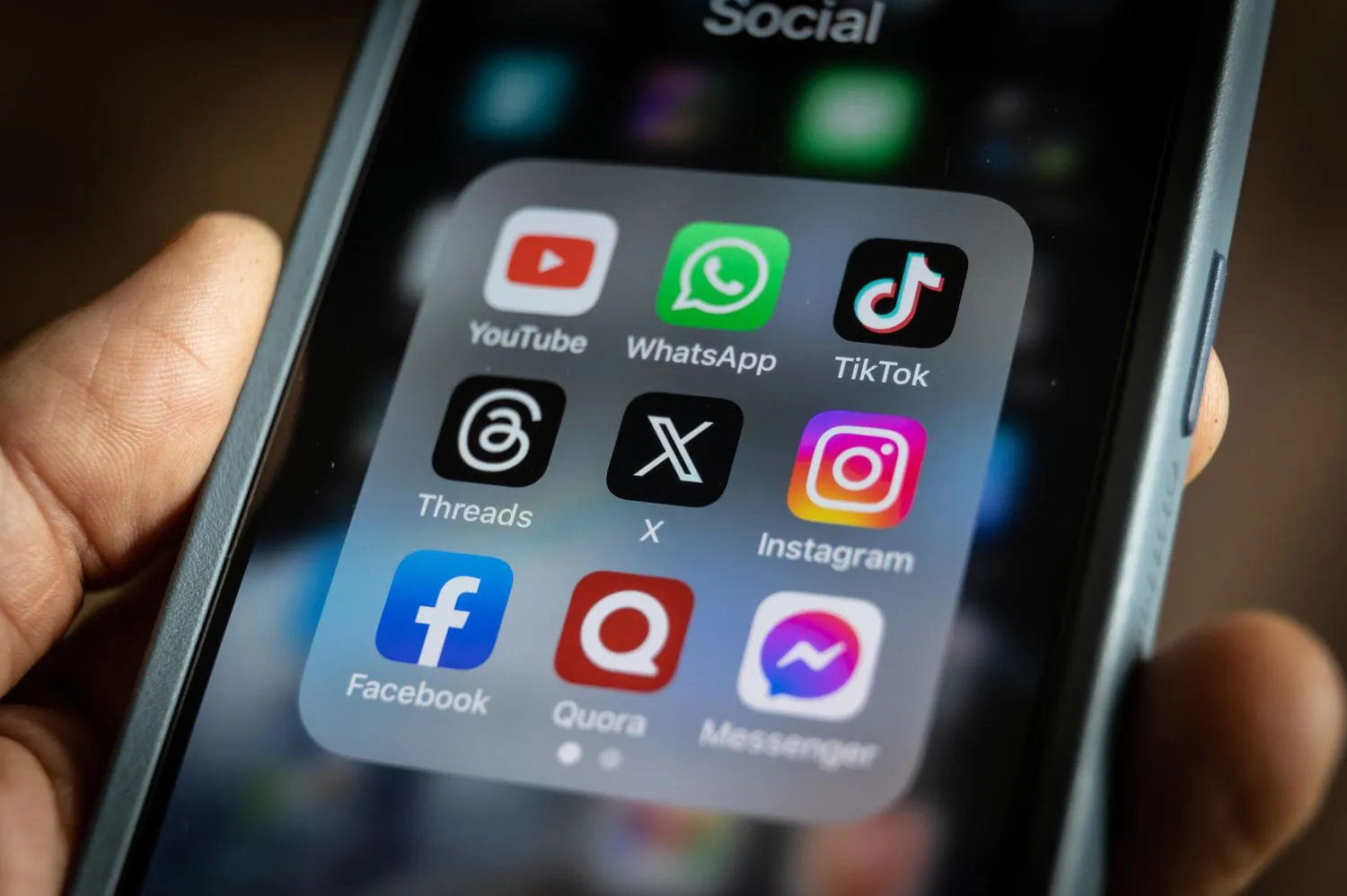Pakistanis want the government to restore regular access to the social media platform X, formerly Twitter, which has been blocked for nearly three weeks.
Authorities have blocked X – either partially or fully – since February 17 after protests swept the country over allegations of vote rigging in a general election, according to the Netblocks global internet monitor.
When users try to access X, they often see this message: “Something went wrong, but don’t fret – let’s give it another shot.”
But Shaista Ayesha, who runs Karachi-based social enterprise SEED Ventures, is worrying.
“We do our social media postings through X, and connect with other organizations and funders so there is definitely social media outreach loss and one avenue of strategic visibility gone,” Ayesha told the Thomson Reuters Foundation.
She said she had not yet calculated the financial cost of the X ban, which is just the latest in a series of internet restrictions linked to the February 8 election. The vote was marred by a mobile internet shutdown on polling day and unusually delayed results, leading to accusations of vote tampering.
The United States, Britain, and the European Union have separately expressed concerns about the electoral process and said reported irregularities should be investigated.
The US State Department has also condemned the internet shutdowns and urged the federal government to lift restrictions and respect freedom of expression.
On Tuesday, the Islamabad High Court summoned the Pakistan Telecommunication Authority (PTA) and the federal information ministry to answer a case filed by a resident of the capital challenging the disrupted access to X.
The case is scheduled to be heard next week.
Initially, the PTA denied any knowledge of internet restrictions but in a similar case in the high court of Sindh province on Monday it said that the interior ministry had issued instructions to suspend mobile phone services on polling day.
Jibran Nasir, a lawyer who filed one of many petitions over X disruptions and slow internet speeds in the Sindh high court, warned that such state-imposed shutdowns could start dictating “how we are to live our lives and what freedoms we can enjoy.”
On February 22, the Sindh court ordered the government to restore access to X immediately, but Nasir said the block continued, leading to a contempt case against authorities. The case was adjourned until March 20.
Just over 45 percent of Pakistan’s population of 241 million people have access to the internet and nearly 72 million – or almost 30 percent – use social media, according to research site DataReportal.
X had 4.5 million users in Pakistan in early 2024, meaning that the social media platform’s advertising reach in the country was equivalent to 1.9 percent of the population.
Hisham Sarwar, a popular tech guru who runs several digital marketing companies in Pakistan, said small businesses were making losses because the shutdown had hit social media marketing.
“The absence of (X) has resulted in panic as it takes time to create content on Meta platforms,” he said, referring to Facebook and Instagram.
Nor is TikTok a viable alternative, Sarwar said, as the platform has not rolled out a service for businesses in Pakistan. X offers a better return on marketing investment for companies like his, he said.
To circumvent the restrictions, many Pakistanis have turned to virtual private networks that encrypt data and obscure where a user is located, according to VPN service providers.
Farieha Aziz, the co-founder of Bolo Bhi, a digital rights advocacy group, said she used VPNs to access X, which she said was crucial to get “real-time information on everything that is blocked by authorities on mainstream media outlets like election irregularities, arrests of journalists”.
But she said that internet speeds had been slowed down, meaning it was taking longer to connect, and the government was also believed to be trying to block VPNs.
Neither the PTA nor the information ministry responded to requests for comment on allegations of blocking VPNs.
Journalist Omair Alavi said that since the blackout he had not been able to use X to break news, share updates, or find sources.
“I get news updates from (X) and embed links in my stories,” said the Karachi-based reporter at the Voice of America broadcaster. “Social media is an integral part of our lives and banning it is making things worse.”
Lahore-based environment lawyer Ahmad Rafay Alam said he worried that the X shutdown would cause him to miss important weather updates in a country hit hard by climate disasters, including floods, droughts, and deadly heat.
But, taking a grim glass-half-full approach, he could see one silver lining to the blackout.
“Frankly, the ban is also relief from the overwhelmingly bad news about the climate crisis.”




